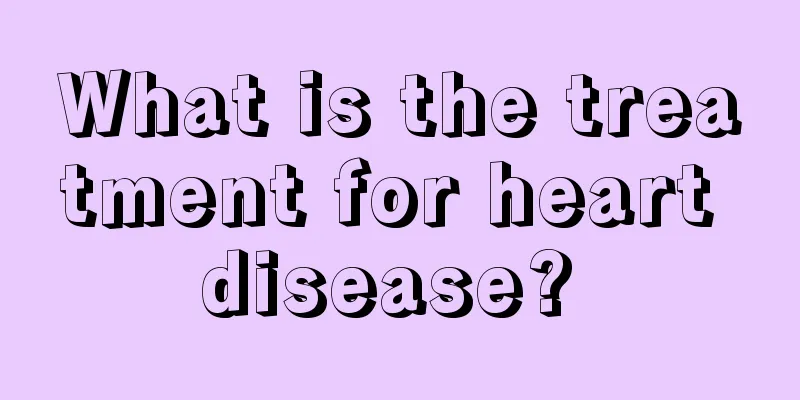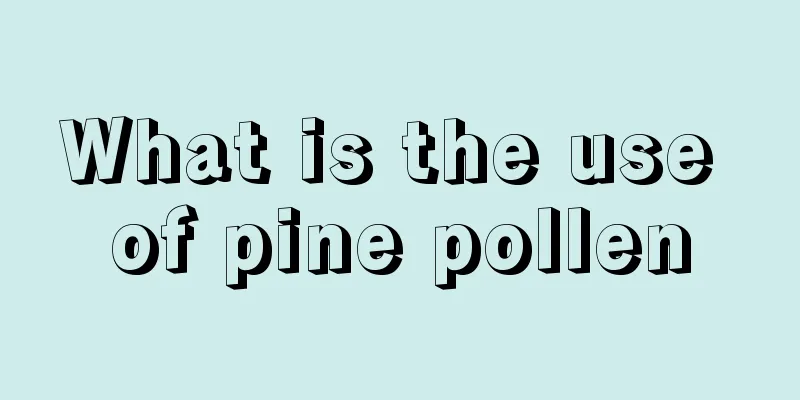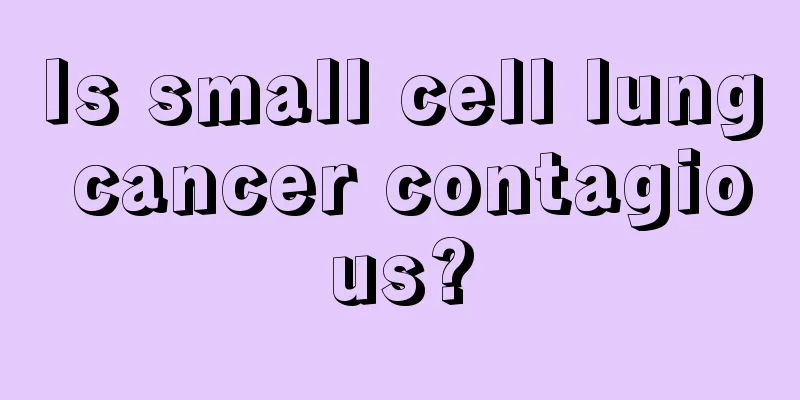What is the treatment for heart disease?

|
In real life, heart disease is a common disease, which mainly occurs in middle-aged and elderly people. Cardiovascular blood blockage or stagnation can easily lead to cardiovascular abnormalities and cause heart disease. There are many reasons for heart disease, and long-term accumulation of reasons may also cause heart disease. Different diseases have different treatments. Treatments for heart disease 1. Etiological treatment For patients whose etiology is clear, active treatment of the cause can achieve good results. 2. Pathophysiological treatment For cardiovascular diseases that are currently untreatable or difficult to cure, the main focus is on correcting their pathological changes. 3. Treatment of anatomical lesions Interventional or surgical treatment can correct pathological anatomical changes. Currently, most congenital heart diseases can be cured by surgery or interventional treatment. 4. Rehabilitation According to the patient's heart disease, age, physical strength and other conditions, a combination of dynamic and static methods should be adopted, and appropriate physical activity should be carried out as early as possible in the recovery period, which has a good effect on improving heart function and promoting physical health. During rehabilitation treatment, we should pay attention to psychological rehabilitation, relieve mental worries, and strengthen confidence in fighting the disease. After resuming work or study, you should pay attention to the combination of work and rest and regularize your life. Best Heart-Healthy Foods 1. Peanuts Peanuts contain unsaturated fats that can prevent heart disease and lower blood cholesterol levels. In addition, peanuts are rich in vitamin E, which can reduce the number of platelets deposited in the blood vessel walls, keep the blood vessels softened, and promote blood circulation, thus naturally reducing the risk of heart disease. 2. Potatoes Potatoes contain more vitamin C and elements such as sodium, potassium, and iron, especially potassium, which is the richest content. Every 100 grams of potatoes contains about 500 mg of potassium. Patients with heart failure often have a tendency to hypokalemia. Eating potatoes regularly can not only supplement potassium, but also replenish carbohydrates, protein, minerals, vitamins, etc., which helps prevent heart disease. 3. Scallops Scallops are rich in protein, omega-3 fatty acids, B vitamins, magnesium and potassium, and are low in calories and contain no saturated fat. Eating scallops regularly can help prevent heart disease, stroke and Alzheimer's disease. Scallops are relatively high in energy, so obese people should control their intake appropriately. |
<<: What is the best way to treat cough caused by pulmonary fibrosis?
>>: How to treat nasal congestion?
Recommend
What's wrong with my nose twitching
Many people sometimes find that their nose twitch...
The difference between sunscreen and sunblock lotion
In the hot summer, many people are reluctant to g...
What are some clever ways to get rid of crow’s feet?
Generally speaking, as women age, crow's feet...
Which is the best hospital for brain cancer
In recent years, the incidence of various types o...
What is the difference between physical therapy and massage
As people's living standards improve, they be...
Good teeth and good appetite mean delicious food
Having a good set of teeth is really important an...
How to effectively eliminate rheumatism?
Many people have suffered from rheumatic diseases...
What complications may severe antral gastritis cause?
Antral gastritis is a relatively common stomach d...
Is it right or wrong to drink water on an empty stomach in the morning
1. Is it right or wrong to drink water on an empt...
Effects of Panax notoginseng and honey
When it comes to Panax notoginseng, what everyone...
Where should I apply moxibustion for qi deficiency
Qi deficiency, to put it simply, means insufficie...
Brown spots on feet
The skin on a normal person's feet should be ...
Why do gums bleed when you suck?
Gums are known as the cornerstone of teeth and ar...
Glycated hemoglobin 10
There are many elements distributed in the human ...
How many types of orthodontic protective caps are there
With the continuous improvement of living standar...









